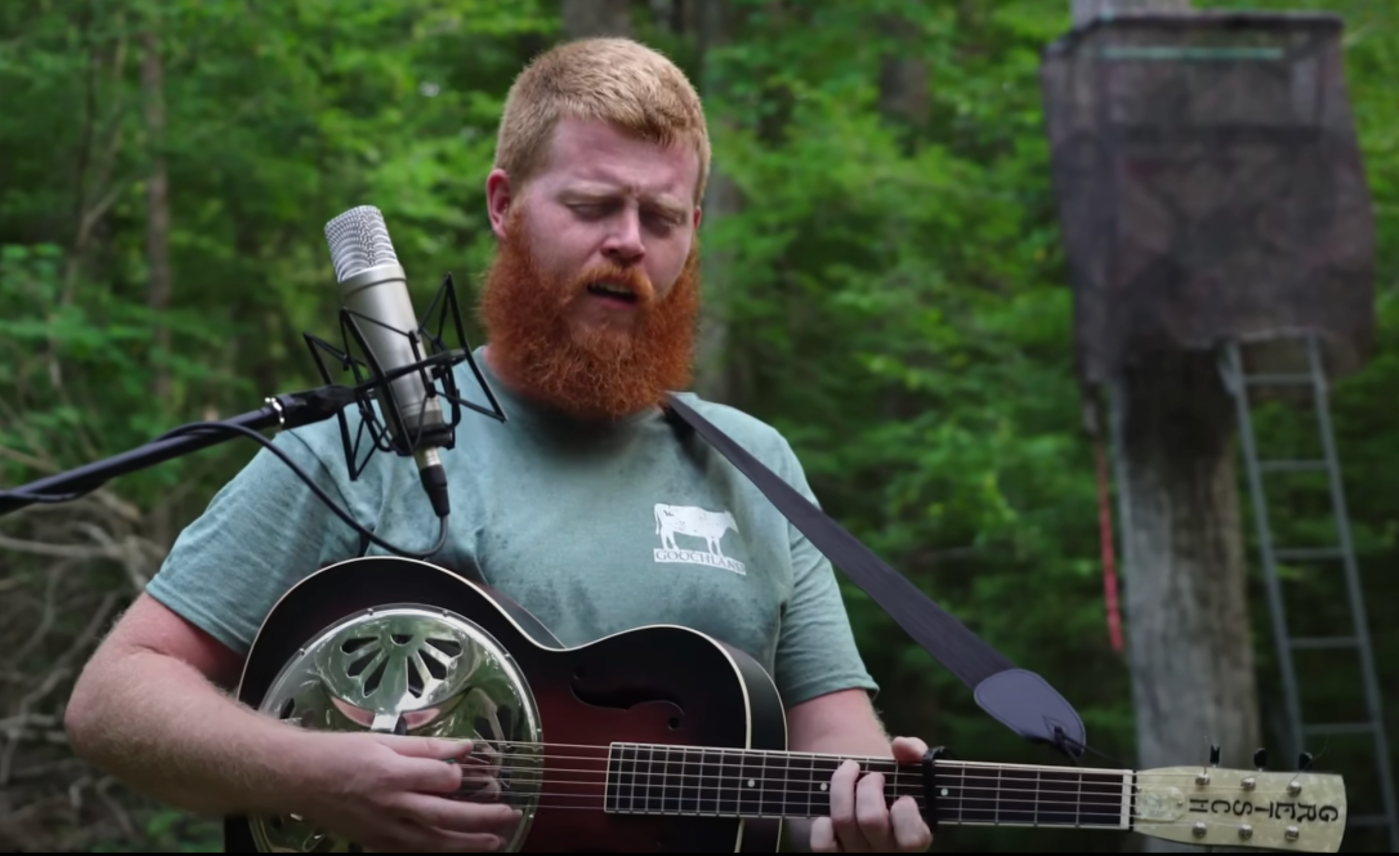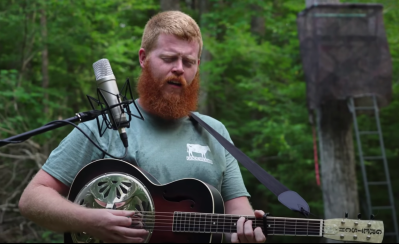Country music has long been the poetic voice of rural America, highlighting its history, joys, and, all too often, its heartache. Oliver Anthony’s recent breakthrough hit “Rich Men North of Richmond” tries to fit into this canon, and to express both the resentment and despair that has gripped much of the country’s rural populace. Urbanites may sneer at its reversed form of snobbery and clearly right-wing lyrics, but they would do well to notice a deep geographic divide the song lays bare.
Some recent country songs have managed to reflect—whether intentionally or not—different facets of rural America. Jason Aldean’s “Try That In A Small Town” exposes rural America’s sometimes nativist tendencies. Tyler Childers’ “In Your Love” presents Appalachia’s often obscured—but nonetheless present—gay community.
In that vein, Anthony’s song tries to convey the life of the white working class. The songwriter clearly thinks that such an existence is both hard and largely unfulfilling, not the least because wealthy and out-of-touch elites (the song’s eponymous “rich men north of Richmond”) are robbing the hardworking laborer of his money to provide for the lazy, indolent, and purposefully jobless. As if that were not enough, the same “rich men” peer into and control every aspect of his life.
This is not a complicated narrative, and much of it is pure fancy. Anthony’s understanding of our welfare system (“Well God, if you’re 5-foot-3 and you’re 300 pounds, taxes ought not to pay for your bags of fudge rounds) is simplistic. His assessment of foreign affairs (“I wish politicians would look out for miners, and not just minors on an island somewhere”) is superficial.
It’s not, however, the misinformed details of the song’s lyrics that have captured the hearts and minds of so many in America’s heartland. The song’s real appeal lies in its ability to voice a sense among the white working class that they are the least cared about group of people in America. Put another way, it shows how they see a nation shaped by urbanites, for urbanites.
Such resentment isn’t usually healthy, but it’s not always unfounded. There can be no doubt that the majority of the nation’s economic and political power is concentrated in cities. Nor do the problems that plague rural communities (opioids, lack of solid infrastructure, and joblessness) get talked about in policy circles with the same frequency as the issues of the city (LGBTQ rights, criminal justice reform, housing, etc.). Phrases like “flyover country” and jokes about inbreeding in the American South sit poorly with many Americans who, already suffering economic hardship, feel like objects of derision in the eyes of their cosmopolitan neighbors.
Having spent much of my life in both the awe-inducing mountains of Appalachia and the elegant sprawl of the East Coast cities, it is hard not to hear a ring of truth in Anthony’s general sentiment. Not only do many in Washington and New York seem unbothered by the mounting difficulties of rural life, but quite a few have openly derided the idea that rural America’s problems are worth solving in the first place. When I’ve brought up the issue of joblessness in the countryside, my friends in the city often reply: “Well, people should just move.” Cities and small towns each suffer from complicated problems that will almost certainly require widely divergent solutions. But I suspect if I offered that reply in response to the urban housing crisis, I would be shouted out of the room.
And we shouldn’t forget that a sense of being “left behind” explains why so many working class Americans have turned toward illiberal, right-wing politics. For those of us concerned about its rise, Anthony’s song is a warning, reminding us that many in our country are hurting. Their voices need to be heard—both for their own sake and because if we do not listen someone more dangerous will.
Anthony’s new hit may prove to be ephemeral, as overly political art often tends to be. We certainly shouldn’t forget Johnny Cash’s wise advice: “Don’t go mixin’ politics with the folk songs of our land.” But we would also do well to recognize how “Rich Men North of Richmond” shows the persistence of our rural-urban divide.






Please note that we at The Dispatch hold ourselves, our work, and our commenters to a higher standard than other places on the internet. We welcome comments that foster genuine debate or discussion—including comments critical of us or our work—but responses that include ad hominem attacks on fellow Dispatch members or are intended to stoke fear and anger may be moderated.
With your membership, you only have the ability to comment on The Morning Dispatch articles. Consider upgrading to join the conversation everywhere.